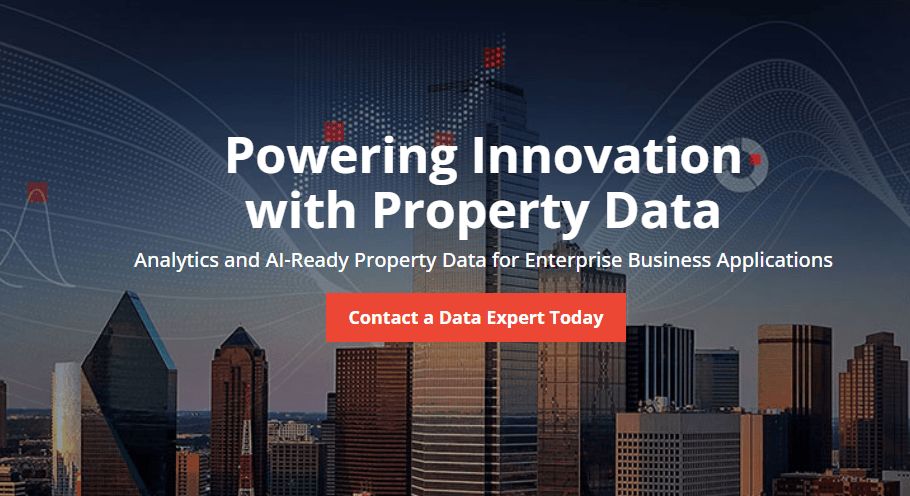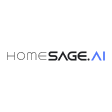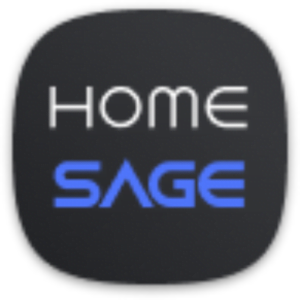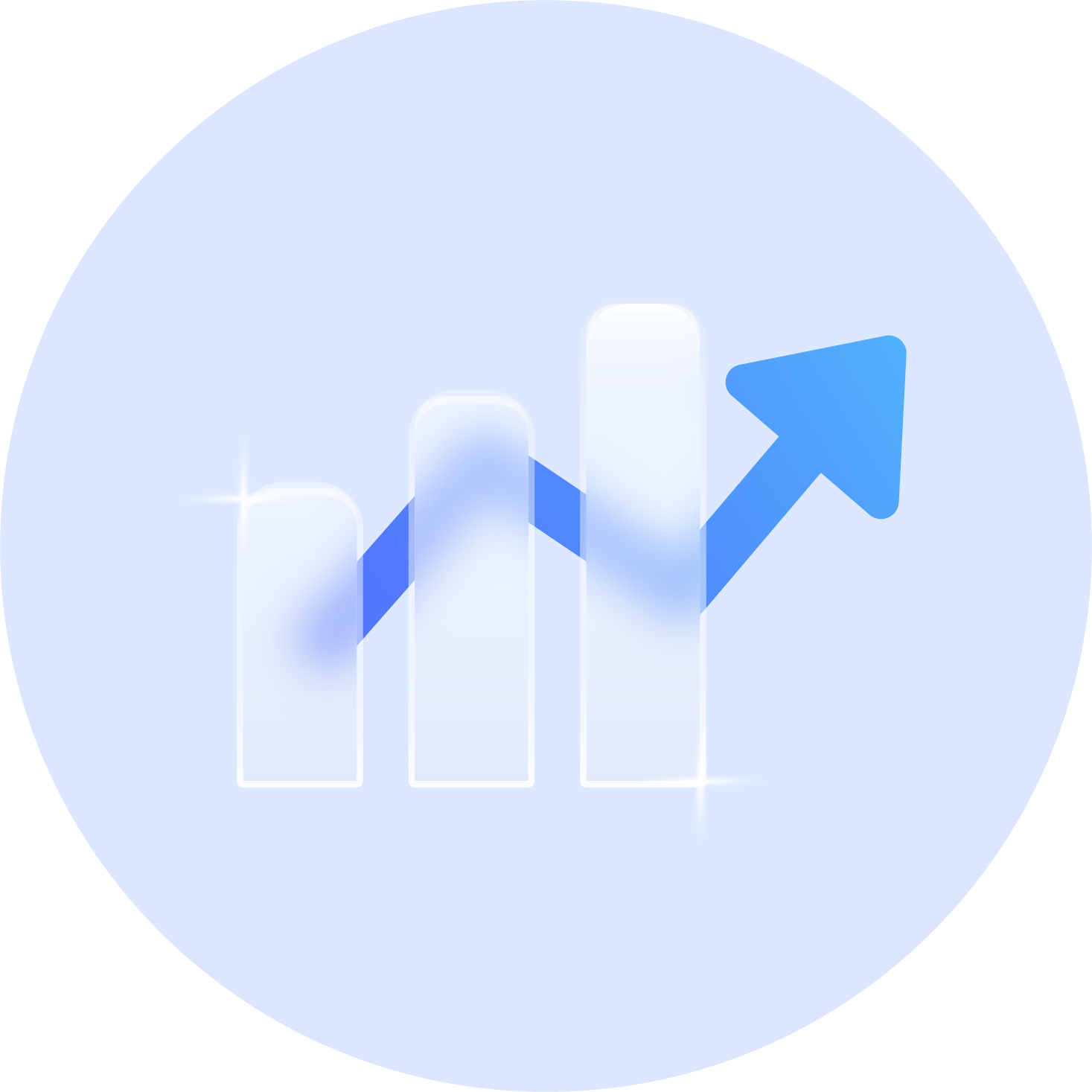The landscape of real estate data providers is transforming rapidly as the property market becomes more data-centric, tech-driven, and competitive.
Investors, brokers, lenders, developers, and PropTech innovators depend on accurate, timely, and comprehensive data to make strategic decisions, find hidden opportunities, and mitigate risk. Selecting the right provider can set a new standard for performance and efficiency.

This blog explores the five best real estate data providers in 2025 – CoreLogic (now Cotality), Homesage.ai, ATTOM Data, Zillow, and CoStar. We’ll cover each provider’s strengths, key features, best use cases, and provide actionable insights to help you choose the solution that matches your strategy.
The Importance of Real Estate Data in 2025
Sophisticated real estate data underpins nearly every aspect of property analysis today:
- Deal Sourcing & Comparables
- Valuation and Risk Assessment
- Market and Trend Analysis
- Regulatory Compliance
- Customer Acquisition and Targeting
- Urban Planning & Smart Cities Initiatives
Advances in AI, machine learning, and big data aggregation enable a level of accuracy and automation unimaginable a decade ago. Providers are distinguished not just by coverage, but by data quality, platform usability, and tech innovation.
1. CoreLogic (Cotality)
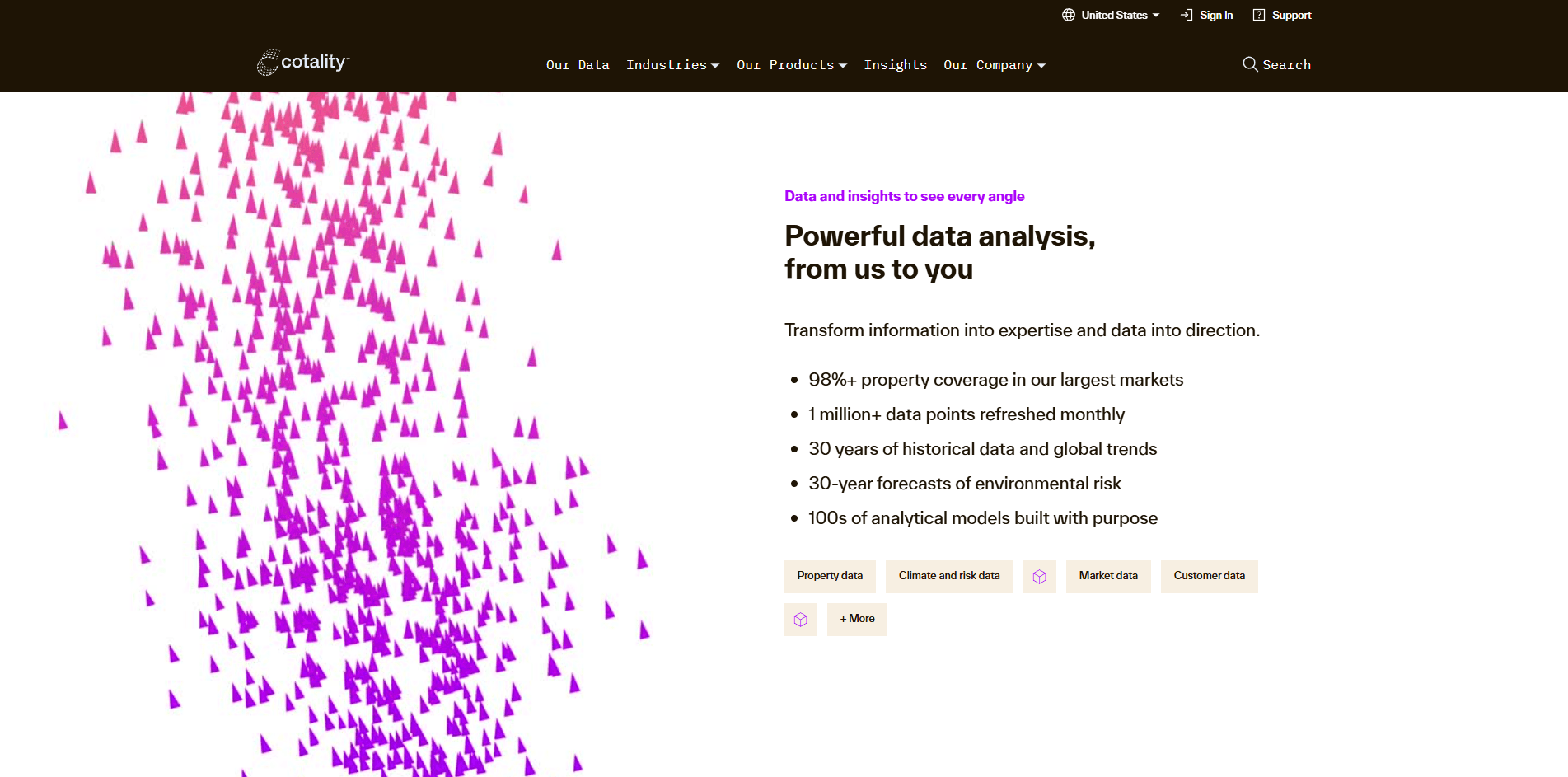
CoreLogic, rebranded as Cotality, remains the backbone of real estate data in the United States. With a half-century legacy, it offers unmatched coverage and reliability, especially prized by lenders, insurers, and government agencies needing rigorous compliance and analytics.
Historical Background & Reputation
- Founded in 1968, CoreLogic built the nation’s largest property data repository.
- Known for risk management, mortgage analytics, and tax assessment tools.
- Adopted “Cotality” in 2024 to signal unified data intelligence spanning residential and commercial sectors.
Core Offerings
- 360 Property Data: Extensive profiles (structure, ownership, tax, mortgages, hazard risk, geospatial overlays).
- Discovery Platform: Self-service analytics for research and custom dashboards.
- Market Intelligence Reports: National & regional trends, occupancy, hazard mapping.
- Compliance Tools: Ensures data handling meets stringent privacy and industry standards.
- Technology: REST/XML APIs, cloud-based access, batch delivery.
Industry Applications
- Lenders: Automated valuation and underwriting, lien verification.
- Insurers: Hazard/flood risk, portfolio analysis.
- Government: Affordable housing, land use, climate resilience.
Case Example
A mortgage lender uses Cotality’s APIs to verify hundreds of applicant properties daily, cross-checking for flood risk and up-to-date lines, slashing loan processing times while maintaining regulatory precision.
CoreLogic (Cotality) Key Features
Provider | Data Coverage | Notable Products | Best For | Compliance | Delivery | Trial |
Cotality | U.S., 50 states | 360 Data, Discovery, APIs | Lenders, Insurers, Gov’t | GDPR, CCPA | Cloud/API | 30d |
Website: cotality.com
For industry insights, see Bright Data’s guide to top providers.
2. Homesage.ai
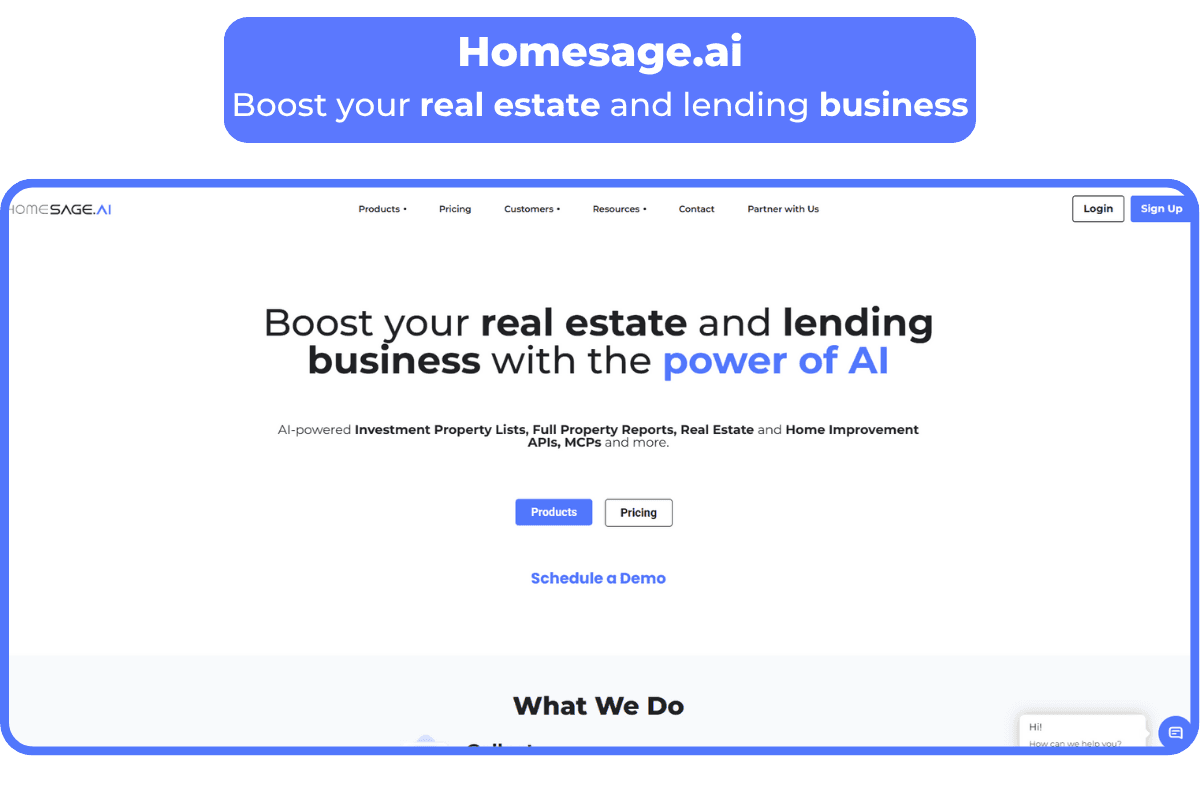 Homesage.ai is reimagining real estate data with artificial intelligence at its core—making it the leading AI-powered provider in 2025 for residential real estate.
Homesage.ai is reimagining real estate data with artificial intelligence at its core—making it the leading AI-powered provider in 2025 for residential real estate.
How Homesage.ai Uses AI
- AI Investment Property Sourcing: Every day, their algorithms evaluate MLS and off-market property data to spotlight homes ideal for flipping, buy-to-rent, or wholesale deals.
- Instant ARV & ROI: Proprietary models calculate after-repair value, reno costs, and rent estimates for every property, with proprietary negotiation tools like “Price Flexibility Scores” based on market sentiment and listing history.
- Computer Vision Analysis: Image recognition evaluates condition, curb appeal, and renovation needs from property photos.
- APIs for Developers: Plug-and-play APIs enable web tools, email digests, or CRM automations for brokerages, lendres, FinTech and PropTech firms.
Unique Strengths
- Tailored Analytics: Whether you’re a single-family investor or a national home improvement marketplace, Homesage.ai adapts to your project needs.
- Data Coverage: Tracks over 140 million U.S. residential properties (single-family, multifamily, condos).
- Automation: Dramatically reduce manual data gathering—AI surfaces deals and trends fast.
Real-World Use Case
A property flipper in Atlanta gets daily custom-lists of underpriced homes, sorted by estimated flip profit and renovation effort, skipping hours of research and boosting deal flow.
Testimonials & Recognition
Homesage.ai users praise its “one-click deal discovery” and the platform has excellent reviews on Trustpilot and Google Business.
Learn more from their project overview or independent Homesage review.
Homesage.ai Key Features
| Feature | Details |
|---|---|
| Focus | AI-driven investment analytics for residential real estate |
| Data Coverage | 140M+ U.S. residential properties |
| Key Offerings | AI-sourced investment property lists, instant ARV/ROI calculations, seller flexibility |
| Technology | Custom web portal, powerful APIs, daily investor digests, computer vision models |
| Customization | Solutions for investors, PropTech developers, lenders, home improvement platforms |
| API Availability | Yes – Investment property & home improvement data APIs |
| Automation | AI-powered deal discovery, custom reports, and automation for sourcing and evaluation |
| Unique Strengths | Seller flexibility scoring, exclusive off-market insights, visual analysis via computer vision |
| Industry Recognition | Winner: “Best AI Use in Real Estate Analytics 2025” (PropTech Review) |
3. ATTOM Data
ATTOM Data Solutions is renowned for multi-source, premium-validated data fueling everything from PropTech innovation to government analytics.
Data Curation & Integrity
- Biggest U.S. Catalogue: Covers 158+ million residential and commercial properties (99% of addresses).
- 20-Step Standardization: Each record runs through automated and human quality checks.
- Persistent ATTOM ID: Every property has a unique, unchanging code for tracking across datasets.
Multi-Sector Solutions
- APIs and Cloud Data: On-demand access for developers, lenders, insurers, and researchers.
- Specialty Datasets: Includes neighborhood, environmental, school, market risk, and demographic overlays.
- Bulk Data Exports: For large teams undertaking market analysis or portfolio surveillance at scale.
Case Example
A regional government partners with ATTOM to overlay vacancy and crime stats onto neighborhood maps, targeting investment into affordable housing with pinpoint accuracy.
Comparison with Peers
ATTOM stands out for the breadth and granularity of its attributes, which are often preferred by fintechs and public institutions needing large-scale, deep property intelligence.
ATTOM Fast Facts
Provider | Data Breadth | Technology | Validation | Use Cases |
ATTOM | 158M+ properties | API, Cloud, Bulk | 20-step process | PropTech, Gov’t, Lend |
Website: attomdata.com
4. Zillow

Zillow has long been synonymous with home shopping, but its data and analytics platforms in 2025 extend far beyond consumer search. Its datasets inform both casual buyers and serious investors.
Zillow’s Data Backbone
- U.S. Leader in Listings: 100+ million homes tracked—both on and off market.
- Zestimate® & ZHVI: Zillow’s proprietary home value and market index guide much of the consumer market and institutional evaluations.
- Market Forecast Tools: Predicts regional sales price trends and rental demand monthly.
Role in Consumer and Institutional Markets
- Transparency Pioneer: Brought real-time comparables and AVM (Automated Valuation Models) to the mass market.
- Industry Partnerships: Feeds data to brokers, agencies, and fintechs.
- Contentious Relations: Has sometimes clashed with agents over listing syndication and data fees, spurring important debates on data ownership.
Cutting-Edge Trends (2025)
- “Right-size” home demand grows, with more Americans seeking smaller, efficient spaces.
- Zillow analytics reveal resilience in secondary and Sun Belt cities.
Sample Application
A new homeowner uses Zillow’s API to automate notifications on price changes in their zip code, monitoring their investment with precision.
Website: zillow.com
For market insight, visit Forbes Real Estate Council.
5. CoStar Group

CoStar Group is the commercial real estate (CRE) market’s gold standard for data, analytics, and marketplace technology.
Company Overview
- Since 1987, CoStar has aggregated the largest database of U.S. and global CRE assets.
- Aggressive growth through strategic acquisitions: Apartments.com, LoopNet, Homes.com, and U.K. portal OnTheMarket.
Key Platform Features
- 7.3 Million Buildings Tracked: Extensive leasing, sales, tenant/rate, and comp data.
- Daily Analytics: Market, submarket, and industry vertical reporting for office, retail, multifamily, land, and industrial.
- Marketplace Integration: Powers decision-making not only for CRE investment but leasing, marketing, and portfolio management.
- Global Reach: Significant coverage in U.S., Canada, and U.K.
Leading Use Cases
- Brokers evaluate leasing comps and vacancy dynamics for competitive dealmaking.
- Appraisers validate sale prices with historic and current comparables.
- Portfolio managers receive automated alerts on cap rate and rent shifts across geographies.
Case Snapshot
A CRE investor purchases a bundle of Class B office buildings in Houston, using CoStar’s historical data on occupancy and rent trends to forecast NOI under different urban recovery scenarios.
Website: costar.com
For industry news, reference HousingWire’s CoStar profile or National Association of Realtors.
Comparative Table: The 5 Best Real Estate Data Providers (2025)

Get implementation details in 8 Best Real Estate APIs Implementation Practices and sales tips from 7 Ways AI Can Help Realtors Increase Sales
What to Look For in a Real Estate Data Provider
- Data Accuracy & Coverage: National vs. regional, residential vs. commercial, historic vs. real-time.
- Validation & Compliance: How is data sourced and checked? Are regulatory needs met (GDPR, CCPA)?
- Technology & APIs: Robust, well-documented APIs accelerate integration and insights.
- Customization: Are solutions tailored or one-size-fits-all?
- Industry Reputation: Proven clients, case studies, reviews.
- Pricing & Trial Periods: Transparent models and the ability to test before buying.
- Support & Updates: Frequent data refreshes and customer support.
Impact of Real Estate Data in 2025
- Speed up transaction cycles and boost deal confidence for both residential and commercial investors.
- Empower accurate, risk-adjusted pricing and underwriting for lenders and asset managers.
- Enhance transparency and market efficiency, benefiting consumers and industry professionals.
- Aid public agencies in planning, zoning, and combating fraud or speculative bubbles.
- Drive PropTech innovation with AI/ML-driven analysis and automation.
The Broader Impact: Data, AI & the Future of Real Estate
Industry leaders agree that the next waves of real estate innovation will revolve around:
- AI-Powered Analysis: Surfacing off-market and pre-MLS opportunities, faster risk models.
- Blockchain & Trustless Data: Deeds, liens, and titles become tamper-resistant.
- IoT & “Smart” Data: Integrating real-time building sensors for maintenance/tenant analytics.
- Green/ESG Metrics: Scoring properties for sustainability, resilience, and climate risk.
Robust data isn’t just about winning deals—it’s about creating resilient, future-proof strategies in a changing world.
Conclusion
Choosing from the 5 best real estate data providers—CoreLogic (Cotality), Homesage.ai, ATTOM Data, Zillow, and CoStar—means considering your specific needs for data accuracy, speed, AI integration, compliance, and sector focus. In 2025’s dynamic market, these leaders help professionals and organizations sharpen investment decisions, optimize operations, and innovate faster than ever.
Take advantage of free trials, deep-dive demos, and industry reviews to see how each platform fits your requirements. The winners in real estate will be those who turn great data into actionable strategy, every single day.
For more data-driven perspectives, visit Forbes Real Estate Council, National Association of Realtors, and HousingWire.
People Also Ask
1. What criteria define the “best” real estate data provider?
A top provider excels at data accuracy, frequent updates, broad coverage (geographic and property type), platform reliability, responsive support, and flexible delivery methods (API, cloud, bulk).
Integration with modern tools (analytics, AI, CRM) and a proven history of serving various segments—such as lenders, investors, developers, and public agencies—further distinguish the best from the rest. Consider providers that offer transparent compliance and ongoing innovation.
2. How does AI transform real estate data platforms in 2025?
AI automates tedious processes—like lead scoring, off-market property sourcing, and portfolio analysis—by analyzing vast datasets in seconds.
In platforms such as Homesage.ai, AI not only predicts price movements, but also estimates renovation costs, rental returns, and negotiation flexibility. This helps investors outmaneuver competitors, reduces manual research time, and surfaces opportunities that conventional tools might miss.
3. How can businesses decide which real estate data provider is right for them?
Start by mapping your use case (investment, lending, insurance, PropTech development, etc.) and must-have features (APIs, historical data, AI tools). Evaluate coverage (U.S.-wide vs. local), integration options, compliance needs, and user reviews.
Take advantage of free trials, request data samples, and compare platforms using third-party reviews or reports. Consider future scalability—can the provider adapt as your data and analytics needs grow?

